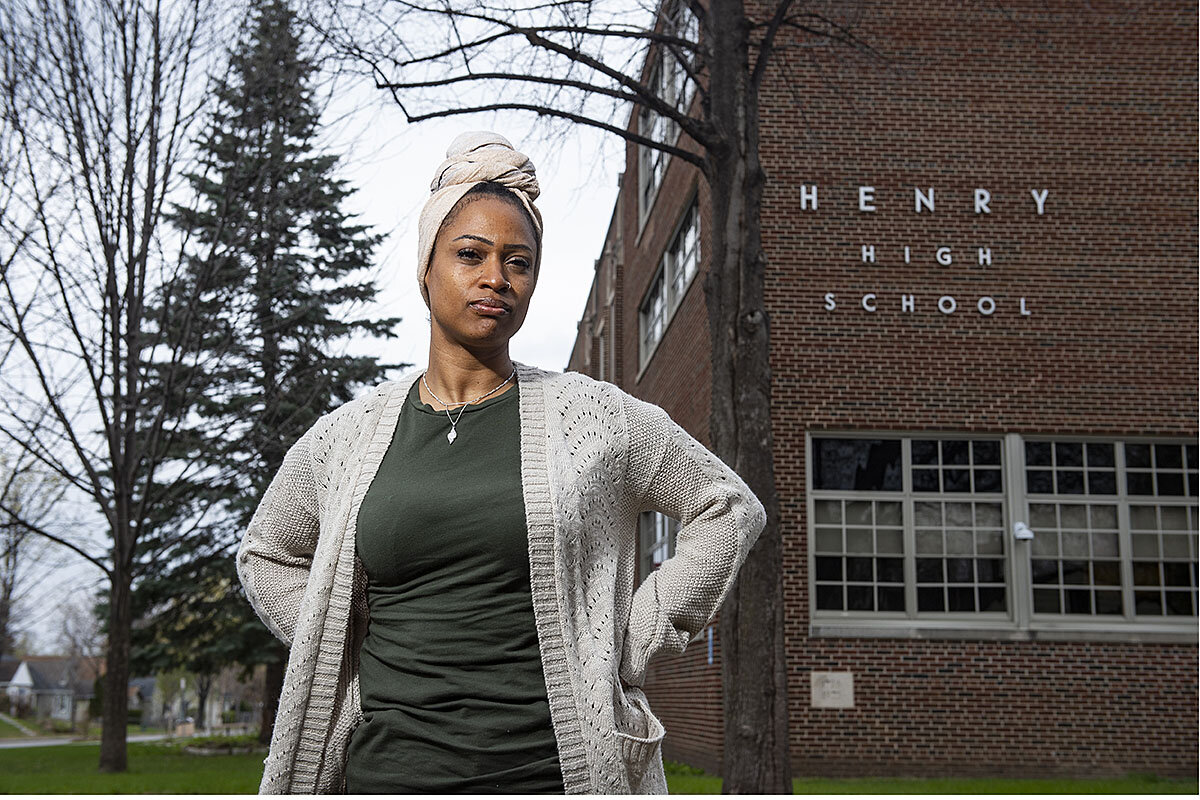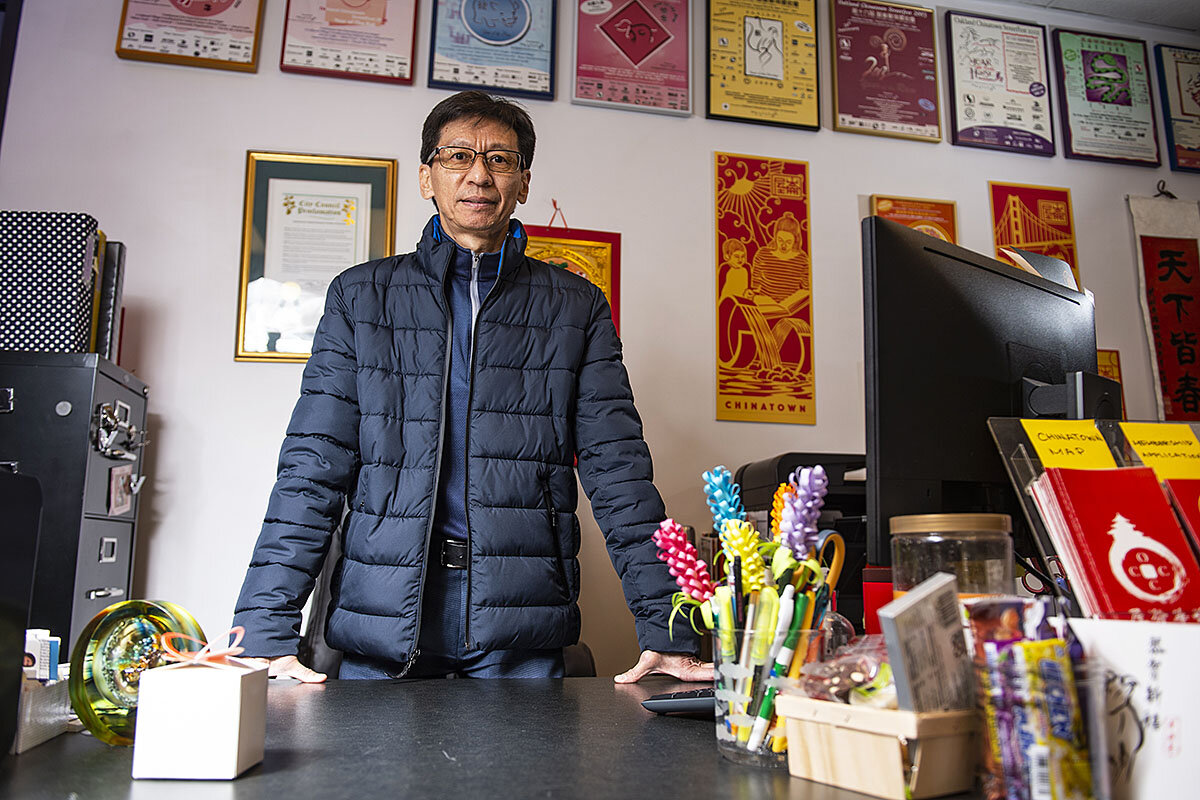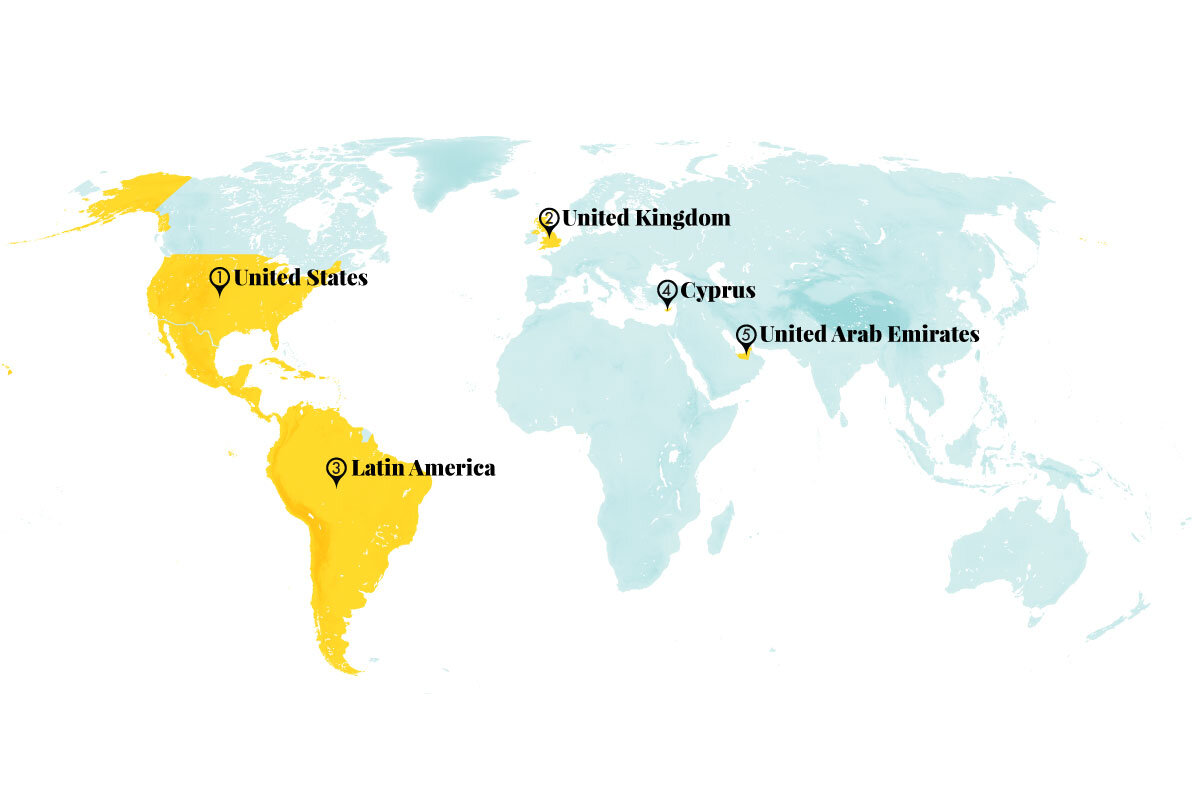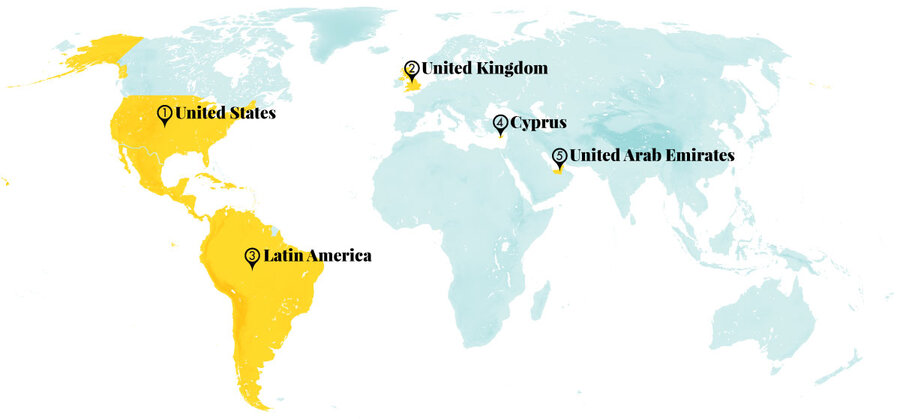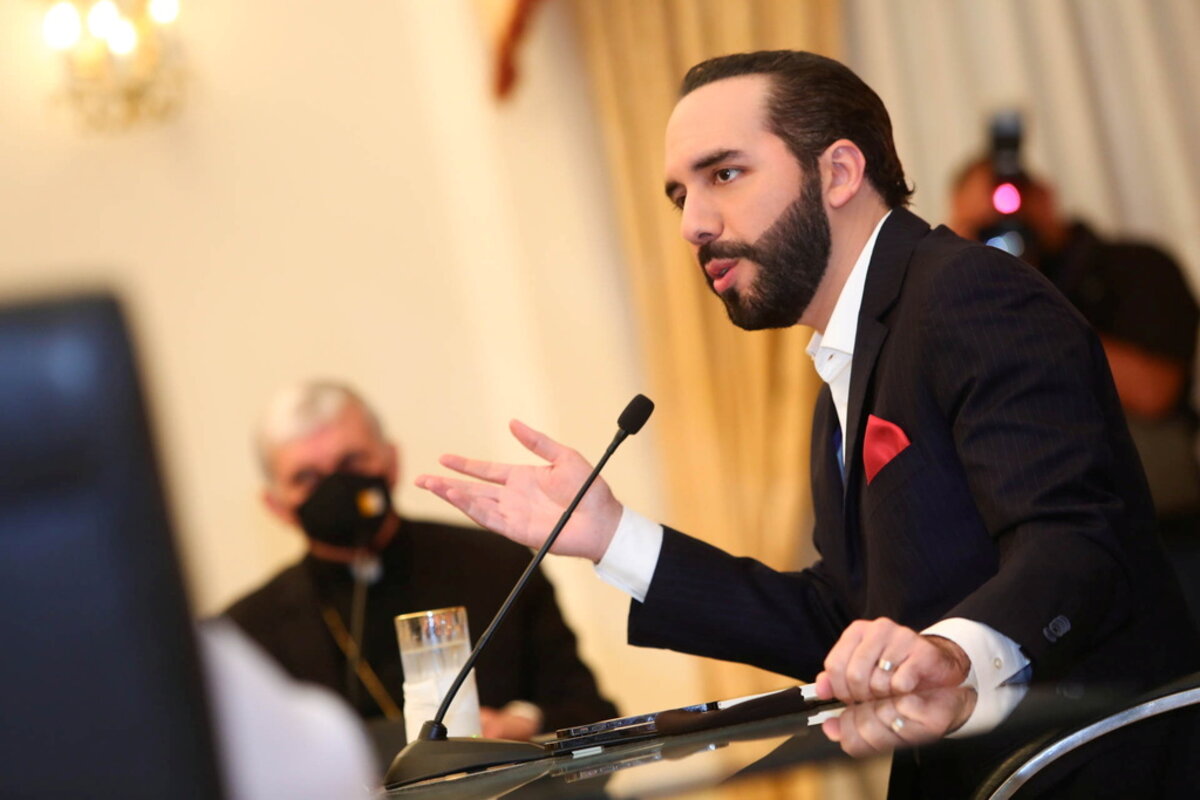During a visit to Ukraine this week, U.S. Secretary of State Antony Blinken will no doubt deal with Russia’s military threat to its neighbor. Yet the top American diplomat may be more focused on what he often calls the “internal threat” to Ukraine – the vast corruption that undermines its democracy.
The United States has long used its extraterritorial powers to influence Ukraine’s anti-graft direction. It has imposed sanctions on Ukrainian oligarchs and leaned on the International Monetary Fund to withhold a $5 billion loan. Now the Biden administration wants to ensure Ukraine, which seeks to become a U.S. ally, finally adopts honest governance under President Volodymyr Zelenskiy.
“We’ve stressed for many years in our efforts to help Ukraine that the key reforms in terms of transparency, in terms of fighting corruption, are what will be most important to Ukraine’s stability and future progress,” says acting U.S. Assistant Secretary Philip Reeker for the Bureau of European and Eurasian Affairs.
The Biden administration faces a similar task in Central America. Just five weeks after the president assigned Vice President Kamala Harris to reduce immigration from the region, she faces a crisis of corruption in El Salvador.
On May 1, President Nayib Bukele and his ruling party in the legislature removed all five justices of the constitutional chamber of the Supreme Court. The move was widely seen as a way to block anti-corruption investigations of top officials. Ms. Harris said the U.S. “must respond” to this judicial coup, although she did not say how.
President Joe Biden has promised to invest $4 billion in Central America. Yet, said Ms. Harris, “We will not make significant progress if corruption in the region persists. If corruption persists, history has told us it will be one step forward and two steps back. We know corruption causes government institutions to collapse from within, preventing people from getting their children educated, from getting a business started, from getting a fair trial.”
These events in Ukraine and El Salvador illustrate how much the U.S. leads the world in battling corruption and encouraging people in other nations to demand equality before the law and an end to impunity. For decades, its most effective tool has been the 1977 Foreign Corrupt Practices Act, or FCPA. The law targets companies with a U.S. presence that engage in bribery. It also provides a strong incentive for American companies to keep their hands clean overseas.
The number of prosecutions under FCPA has risen in recent years. And the law’s success inspired the United Kingdom to pass a similar measure in 2010. The U.S. has worked with more than a dozen countries in prosecuting cases. Its share of global anti-corruption enforcement actions is 66%, according to Trace, a business association dedicated to good governance.
“The fact that more countries are opening more investigations into possible transnational bribery occurring within their own borders is a promising sign that enforcement authorities globally are building investigative capacity and taking anti-corruption seriously,” says Trace President Alexandra Wrage.
FCPA’s greatest impact may be in ensuring American companies set a good example – which can give them a competitive advantage in winning foreign contracts. “I’ve seen countries say, ‘We’re going to use an American company to build this road because we know that that contract was not obtained through illicit means,’” says Jose Fernandez, a Biden nominee to become an undersecretary of state.
The long arm of U.S. law, along with pressure on countries to reform, touches a universal desire for honesty. Steadily, the U.S. can set a new world norm.
 Mark Sappenfield
Mark Sappenfield





